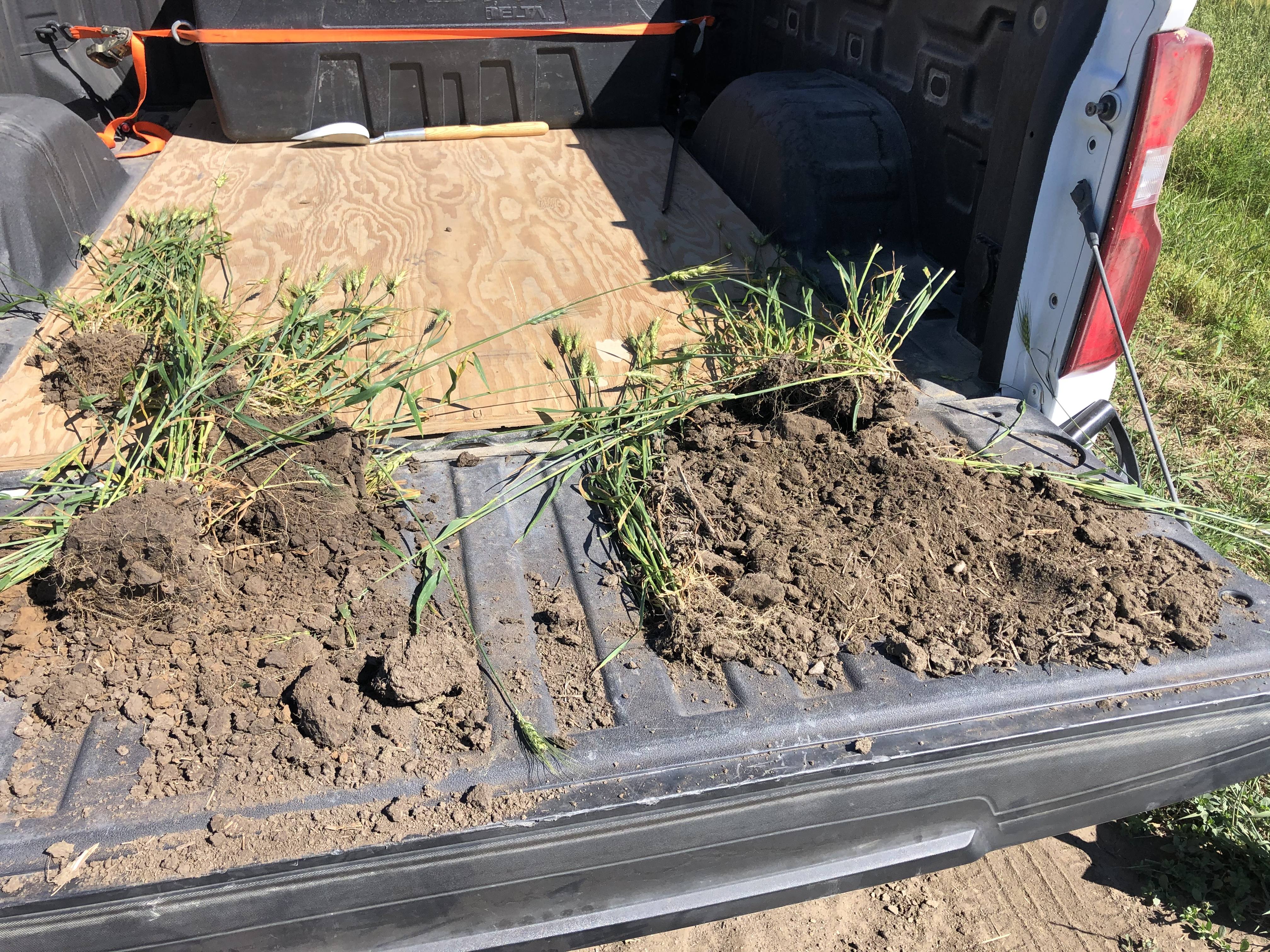Originally posted by 6V53
View Post
But you still stand by your opinion that no scientists are concerned about adding CO2 to the atmosphere? Okay then......LMAO!


Comment